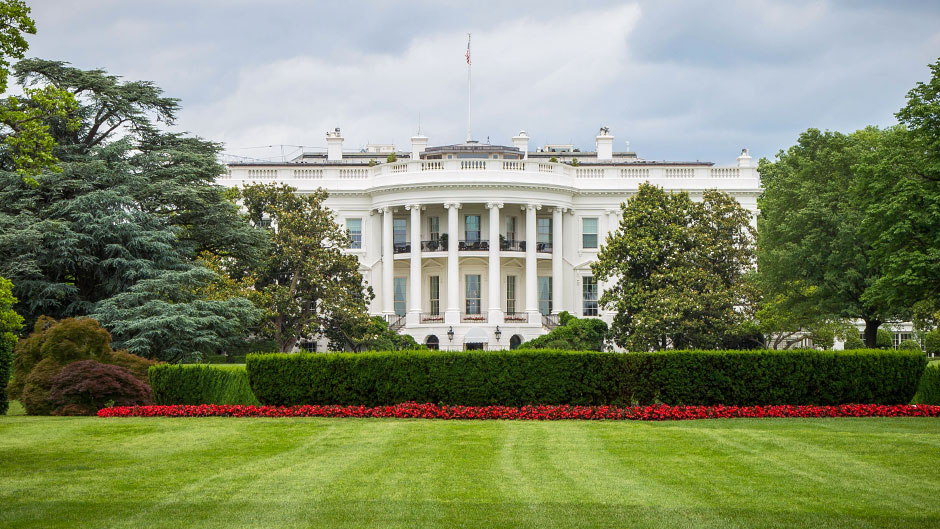Presidential transitions are an integral part of the democratic process in the United States.
An election takes place on the first Tuesday in November and the victor, who receives at least 270 electoral votes, accepts his triumph. The loser concedes defeat and in so doing allows for a period of transition.
Usually during the period between the concession speech and Jan. 20 of the following year—the date of the inauguration—the president-elect prepares to take the reins of the most powerful country in the world.
“It is a time when the president-elect should be getting ready to implement policy and political decisions within the administration,” said Gregory Koger, professor of political science at the University of Miami.
Those decisions include which executive orders to issue during the first week in office and which people should be hired for the White House and other key positions in the administration, said Koger.
Usually, the transition plans are preceded by the General Services Administration (GSA) office acknowledging the election results and freeing resources and funds for the president-elect and his team.
Since President Donald Trump has not accepted the results of the election and is contesting some of the state’s results in court, the head of the GSA, Emily Murphy, has not provided the funds and resources entitled to President-elect Joe Biden.
The president-elect should also be receiving daily national security briefings from the Central Intelligence Agency (CIA) and the State Department, providing information on foreign policy issues that are often classified and cannot be obtained from news sources. These would include any current or planned covert policies to counteract adversaries around the globe, said Koger.
Denying President-elect Biden the national security briefings can be risky, he said.
“Intelligence briefings tell you which countries or groups are working against U.S. interests around the world,” said Koger. “And briefings also explain the covert policies that are being planned to counteract those threats. Someone from the CIA and the State Department should sit down with Biden’s national security team and fully explain what they are doing, and there is no one doing that now.”
The risk to national security can be serious, Koger explained. One of the findings of the National Commission on Terrorist Attacks Upon the United States, also known as the 9/11 Commission, was that the 37-day delay in providing incoming President George W. Bush national briefings during the 2000 transition could have been a factor in the response to the 9/11 attacks.
“The 9/11 Commission had said if there had been a longer transition and there had been cooperation, there might have been a better response, or maybe not even any attack,” Andy Card, the former chief of staff of President Bush, told CNBC last week.
The lack of coordination between the Trump administration and the Biden team also extends to the COVID-19 pandemic response. Lack of communication between both sides could delay action related to the virus and how the vaccine distribution could be carried out, said experts. On Monday, Biden said that the lack of coordination between the administrations could mean that “more people may die.”
“Usually the presidential transition involves exchanging information to the incoming administration and some level of coordination so that the transfer of power can be as smooth as possible,” said Charlton Copeland, professor of law and Dean's Distinguished Scholar at the University of Miami School of Law.
Copeland said that since Trump’s litigation alleging election fraud in some states is being thrown out of court, “the decision not to free the GSA resources will start to look less and less rational,” he explained.
“Now, whether that translates into the Trump administration engaging in a transition, we do not know,” he added. Congress could step in and order the GSA to release funds but that would be a question of “political will,” according to Copeland.
What is known is that all states have until mid-December to certify their votes and on Dec. 14, the electors meet to cast their ballots, said Koger.
The joint sections of Congress meet on Jan. 6, 2021, to count electoral votes. Any challenge to those votes would have to be initiated by one member of the Senate and one member of the House and approved by a majority of both chambers.
Following that, on Jan. 20, 2021 at noon, the incumbent president’s term of office is over. After that time, he would be considered a trespasser.
“But part of the modus operandi of the Trump administration has been in finding success in chaos,” said Copeland. “We have to assume that this is not going to change. We have to assume that the end will be chaotic.”

